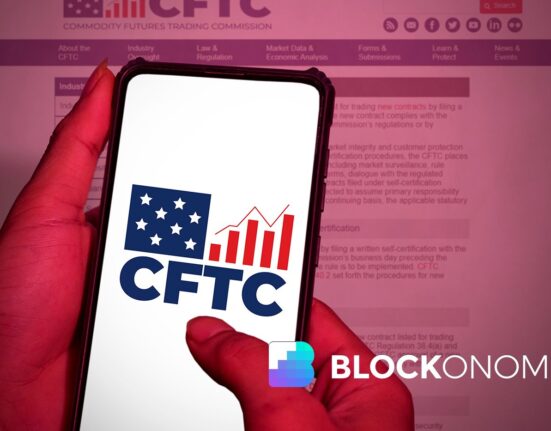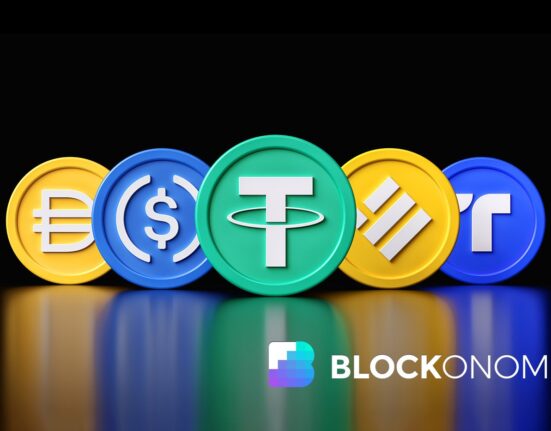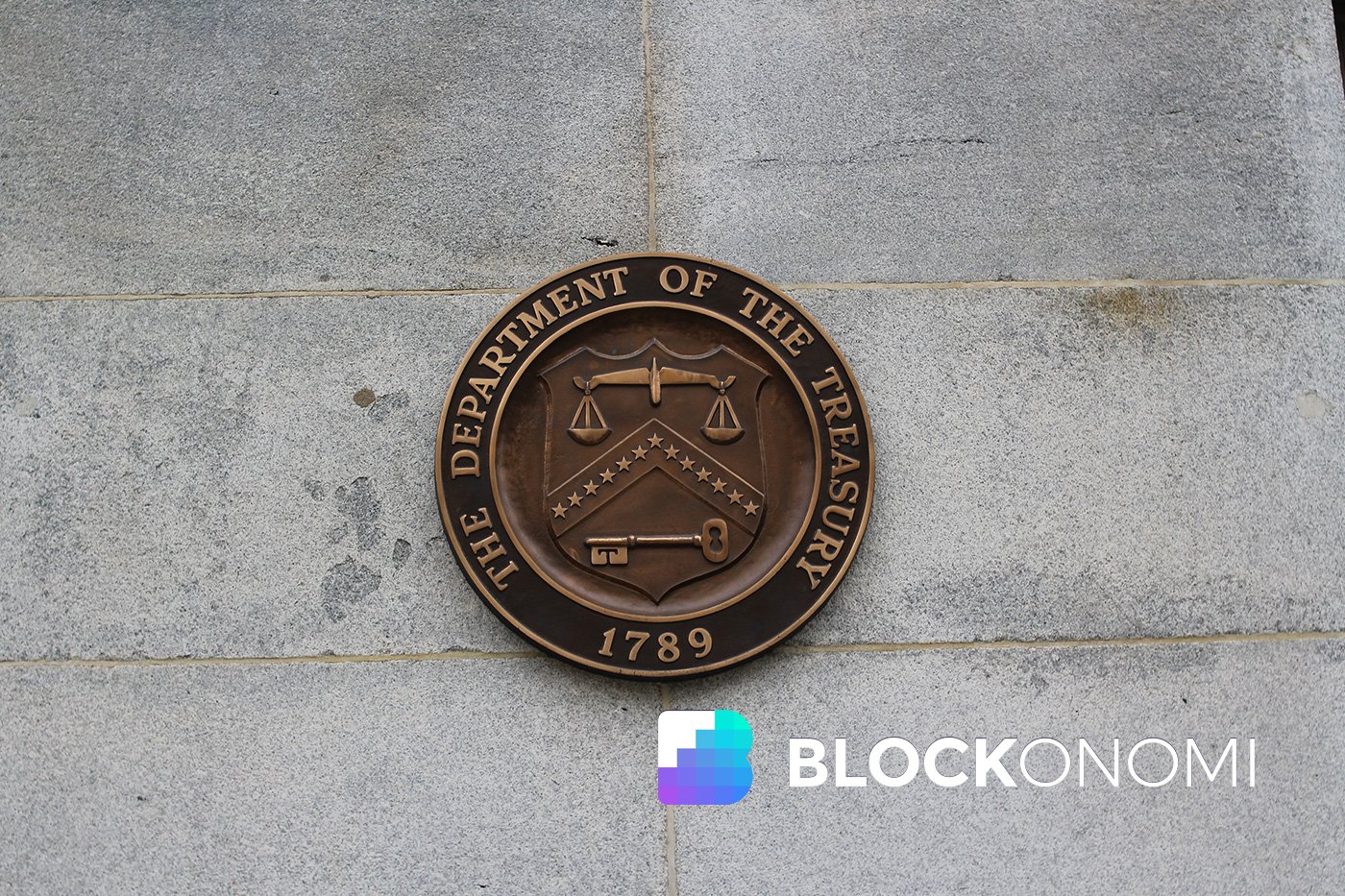TLDR:
- Six major Japanese asset managers are planning crypto-asset investment trusts.
- The FSA appears ready to approve these crypto-incorporating funds.
- SBI’s team may create a trust with Bitcoin, Ethereum, or a crypto basket.
- These trusts could bring crypto access to both retail and institutional investors.
Japan’s financial landscape may be on the cusp of a major crypto shift. Six of the country’s largest asset managers are reportedly exploring the launch of the first Japanese investment trusts that include crypto assets.
The initiative comes as the Financial Services Agency (FSA) appears poised to greenlight virtual-currency investment trusts. Institutional and retail investors could soon gain regulated, managed exposure to cryptocurrencies in Japan.
Major Asset Managers Explore Crypto Funds
According to a Nikkei report, the six companies considering these crypto trusts are Nomura Asset Management, SBI Global Asset Management, Daiwa Asset Management, Asset Management One, Amova, and Mitsubishi UFJ Asset Management. These firms told Nikkei they are evaluating products that incorporate digital assets.
SBI’s arm, in particular, is reportedly considering a fund that could include Bitcoin, Ethereum, or a basket of cryptocurrencies. If approved, these trust products would mark Japan’s first regulated investment trusts with crypto exposure.
On the regulatory front, the FSA is leaning toward an approval that would permit such virtual-currency trusts. This shift is part of a broader push by the FSA to strengthen Japan’s position as an asset-management hub.
Why Now, and How It Could Unfold
This move aligns with growing momentum in Japan to classify crypto assets more like financial products. Under proposed reforms, cryptocurrencies may fall under disclosure rules and insider trading regulations.
The timing also matches broader regulatory efforts: the FSA has emphasized deepening capital-markets sophistication and diversifying investment avenues. For asset managers, rolling out a crypto trust could open a new channel for both retail and institutional capital.
The six firms are still in early planning phases, according to Nikkei. They are assessing things like which assets to include, how to structure the trusts, and how to ensure compliance with FSA rules. If they do launch, these trusts would give Japanese investors regulated access to crypto via familiar investment product structures.
Such a development could significantly broaden crypto’s appeal in Japan, especially among investors who prefer regulated products over directly buying spot crypto.








